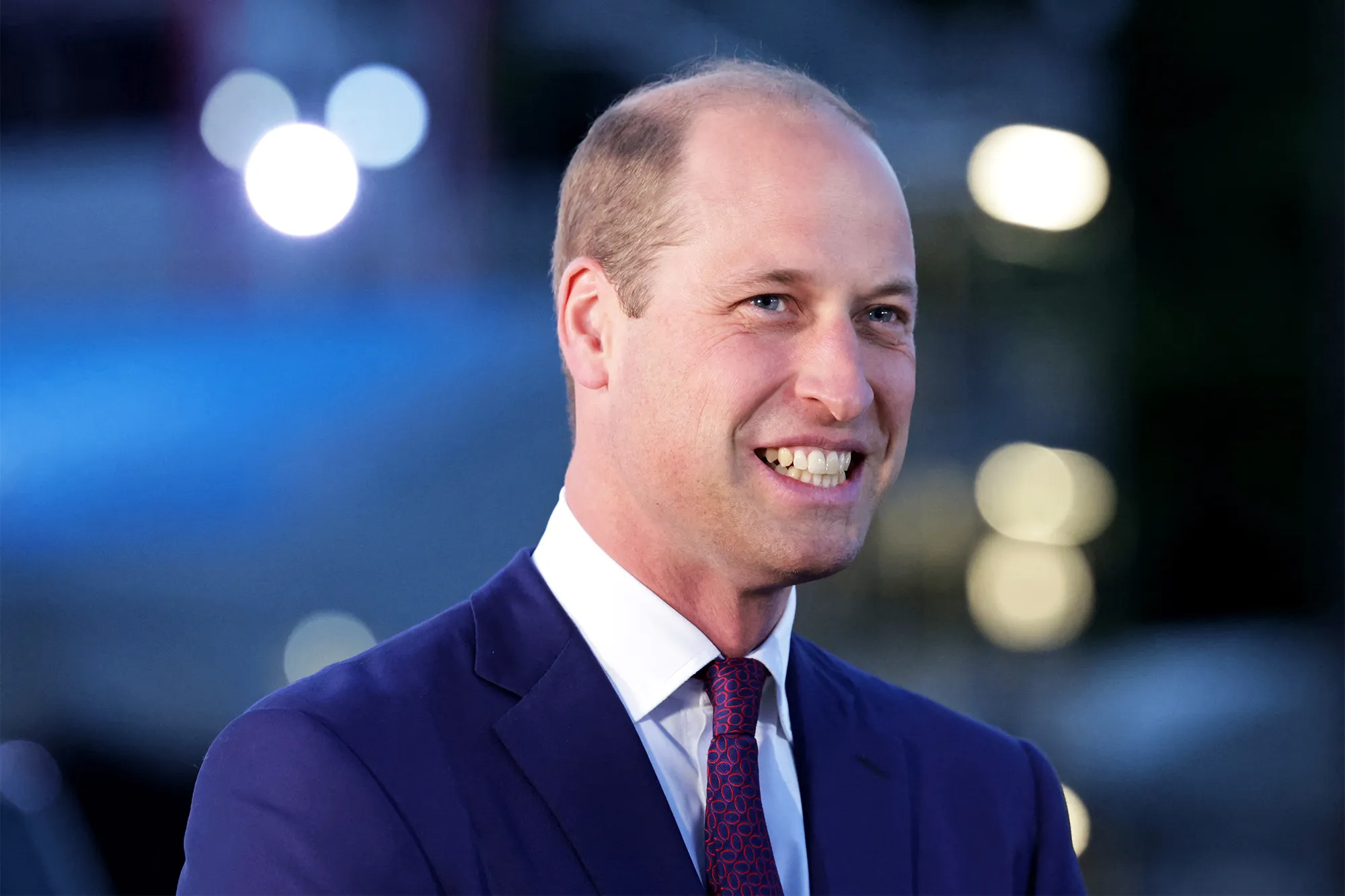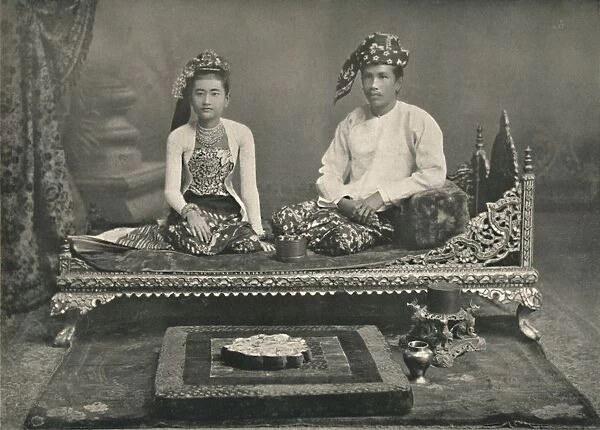providencemarianwood.org – Prince William, the Prince of Wales, is the eldest son of King Charles III and the late Princess Diana. As the heir apparent to the British throne, William stands as a symbol of continuity and modernity within the British monarchy. His life has been marked by a dedication to public service, a deep connection to his late mother’s legacy, and a commitment to environmental and social causes that reflect the concerns of the modern world.
Early Life and Education
Born on June 21, 1982, at St. Mary’s Hospital in London, Prince William Arthur Philip Louis was immediately in the public eye as the first child of Prince Charles and Princess Diana. His early life was shaped by his parents’ roles in the royal family, as well as the global attention that followed their every move. He grew up with his younger brother, Prince Harry, and both boys experienced the challenges of life in the public spotlight.
William attended Wetherby School and Ludgrove School before enrolling at Eton College, where he excelled academically and showed interest in sports, particularly football and rugby. Following his time at Eton, he took a gap year, during which he traveled to Chile, Africa, and Belize, engaging in community service and conservation projects. This period helped shape his worldview and ignited his interest in environmental issues and humanitarian work.
In 2001, William enrolled at the University of St Andrews in Scotland, where he studied geography and met his future wife, Catherine Middleton. Their relationship, which blossomed during their university years, would later become one of the most celebrated royal romances in modern times.
Military Service and Public Duties
After graduating from St Andrews in 2005, William followed in the footsteps of other senior royals by embarking on a military career. He trained at the Royal Military Academy Sandhurst and was commissioned as an officer in the British Army. He later served in the Royal Air Force and the Royal Navy, gaining experience in various branches of the British Armed Forces.
William’s military service culminated in his role as a search-and-rescue helicopter pilot with the RAF, where he played an active role in life-saving missions. His time in the military not only developed his leadership skills but also fostered his sense of duty and responsibility.
Following his military career, Prince William transitioned into full-time royal duties. He has since taken on numerous official engagements, representing the monarchy both at home and abroad. His public work has focused on key areas such as mental health, wildlife conservation, homelessness, and supporting veterans.
Marriage to Catherine and Family Life
In April 2011, Prince William married Catherine Middleton in a grand royal wedding at Westminster Abbey, watched by millions around the world. The couple, now known as the Prince and Princess of Wales, quickly became popular figures within the royal family due to their modern approach to royal life and their relatability to the public.
Together, they have three children: Prince George, born in 2013, Princess Charlotte, born in 2015, and Prince Louis, born in 2018. As a father, William has emphasized the importance of providing his children with a balanced upbringing, often speaking about the challenges of parenting in the public eye.
Environmental Advocacy and Philanthropy
Prince William has continued the royal family’s tradition of philanthropy, but he has also carved out his own path by focusing on causes that are particularly important to him. One of his primary passions is environmental conservation. In 2020, he launched the Earthshot Prize, a global initiative aimed at finding solutions to the world’s most pressing environmental challenges. The prize reflects William’s long-standing commitment to tackling climate change, protecting wildlife, and promoting sustainability.
Mental health is another cause that William has championed. He, along with Catherine and his brother Harry, spearheaded the “Heads Together” campaign to raise awareness and destigmatize mental health issues. William has spoken openly about his own mental health struggles, particularly following the death of his mother, Princess Diana, in 1997, which had a profound impact on his life.
In addition to these causes, Prince William has supported efforts to combat homelessness, improve child welfare, and advocate for military veterans. His work is marked by a hands-on approach, often meeting with those directly affected by the issues he supports.
The Role of Prince of Wales
In September 2022, following the death of Queen Elizabeth II and the ascension of his father to the throne, Prince William was granted the title of Prince of Wales, a role traditionally held by the heir to the British throne. As Prince of Wales, William has taken on greater responsibilities, representing the monarchy at key national and international events. He is seen as a bridge between the traditional values of the monarchy and the modern, evolving expectations of British society.
As the future king, William’s leadership style is expected to reflect his deep understanding of global issues and his connection to the people. He has already shown a commitment to using his platform to address some of the most urgent concerns of the 21st century, from climate change to mental health.
The Legacy of Prince William
As Prince of Wales, William’s influence within the monarchy continues to grow. His approach to leadership, shaped by his personal experiences, his military background, and his passion for philanthropy, is one of compassion, action, and modernization. He is poised to lead the British monarchy into a new era, balancing the traditions of the past with the demands of the future.
With his strong sense of duty, dedication to his family, and commitment to global causes, Prince William is widely seen as a future king who will embrace change while upholding the core values of the monarchy. As he steps further into his role as heir, his legacy as a leader, advocate, and modern royal is already taking shape.

